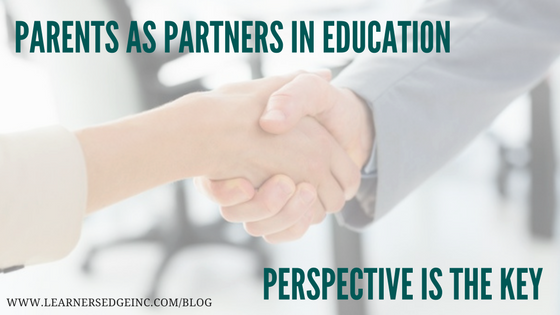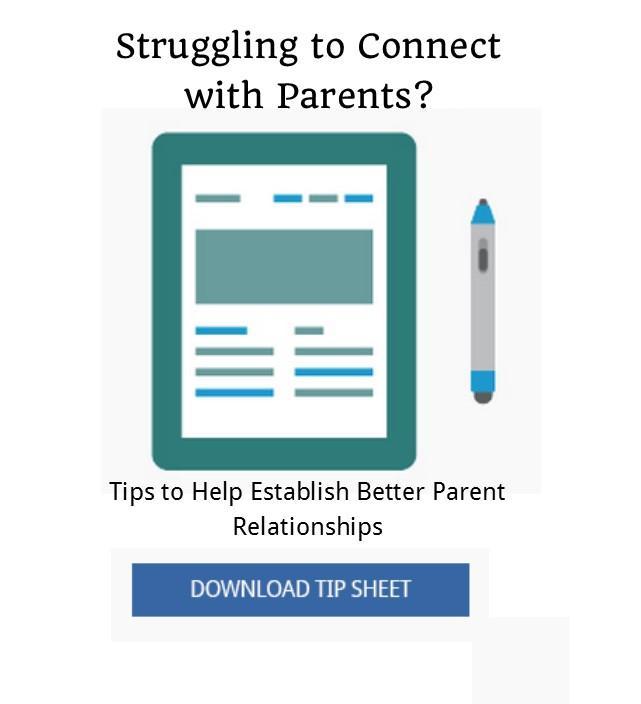
As a former special education teacher and coordinator, the hardest part of both positions was working with parents. Fortunately, most of the time this was easy! Parents were supportive and involved. Good! Great! No problem!
But then, there was that ONE! The one who took most of my time and demanded most of my attention. Do you know what I’m talking about? The helicopter, the time sucker, the emailing ninja, the volunteer who volunteered too much! Yes, that one!
Well, here’s the deal! We can complain about that parent OR we can learn how to deal with difficult parents and employ parents as partners in education.
There are many strategies for dealing with difficult parents,but I’m going to focus on a few that involveYOU! You see, much of the “problem” that we have with other individuals is due to our perspective and an unwillingness to see things from another person’s angle or point of view. Here are a few thoughts on how to change your perspective:
- Remember, you are working with, teaching and spending time with someone’s “most important.” Consider this quote, “Making the decision to have a child is momentous. It is to decide forever to have your HEART go walking around outside your body.” If you have a child, you understand this. There is nothing more important in your life than your child. If you don’t have children but have parents, you might understand as an adult how important you truly were to your own parents. You are teaching someone’s “heart.”
- We must realize that the parents who are challenging us are TRYING to help their child. This quote from an anonymous parent says it best, “There may come a day that I won’t be able to help, but there will NEVER come a day that I won’t try.”
- FOCUS ON THE CHILD. Put the child in the center of every conversation you have with the parent and every action you take involving the child’s educational progress and goals. That’s what matters most.
- Focus on the positive. Maybe that child mastered a skill recently that they had been struggling with OR maybe you only got one email from the parent this week vs. seven. Did that child smile in your classroom? Laugh? Learn? Focus on the positive.
- Remember that all behavior is purposeful (and I’m not talking about the student’s behavior here.) If we can determine WHY a parent is behaving in a certain way, we can do a much better job in addressing their needs and finding a solution that is workable for all parties.
When parents challenge us and we are at our wit’s end, we must take a minute to reframe our thinking. You’d be surprised how different things can look from another angle.
Looking for additional strategies to connect with parents? Download our tip sheet and learn how to establish better relationships with your student’s parents.
Learners Edge is passionately committed to providing you with continuing education coursework, materials, and tools that will help you succeed in your classroom and in your career.
Offering more than 100 print-based or online courses for teachers, you can earn the graduate credit you need for salary advancement and meet your professional development needs. Contact us today to get started!







